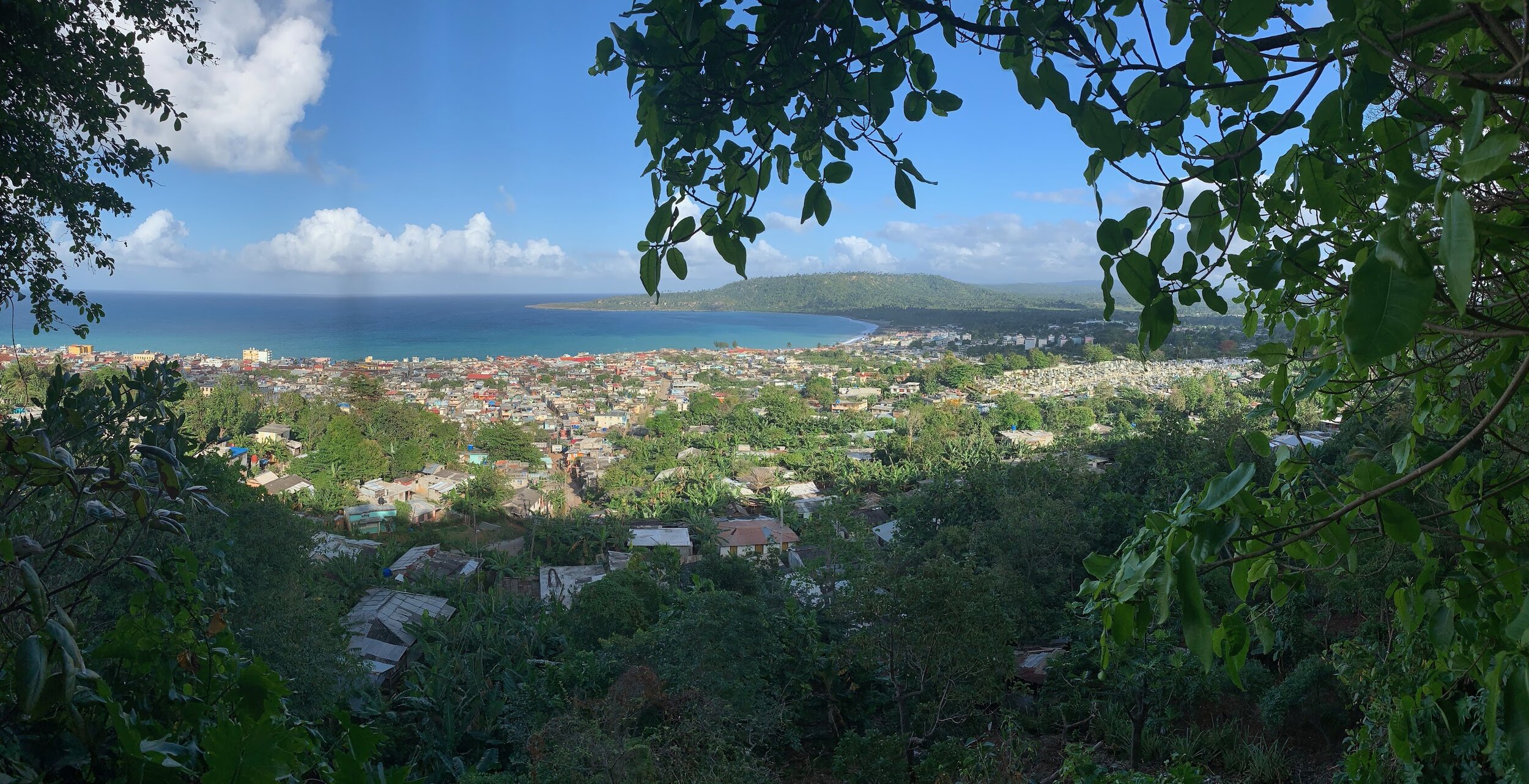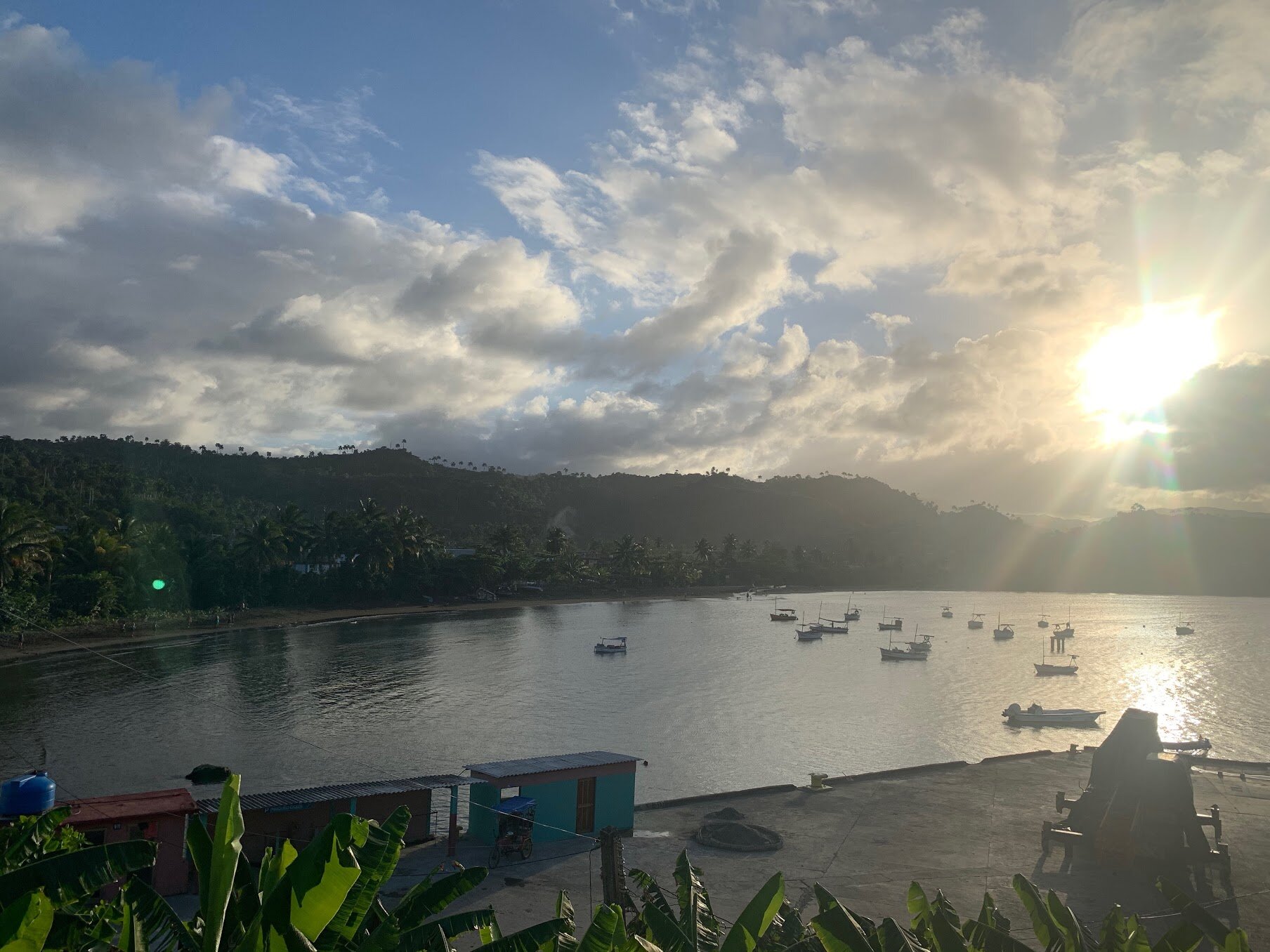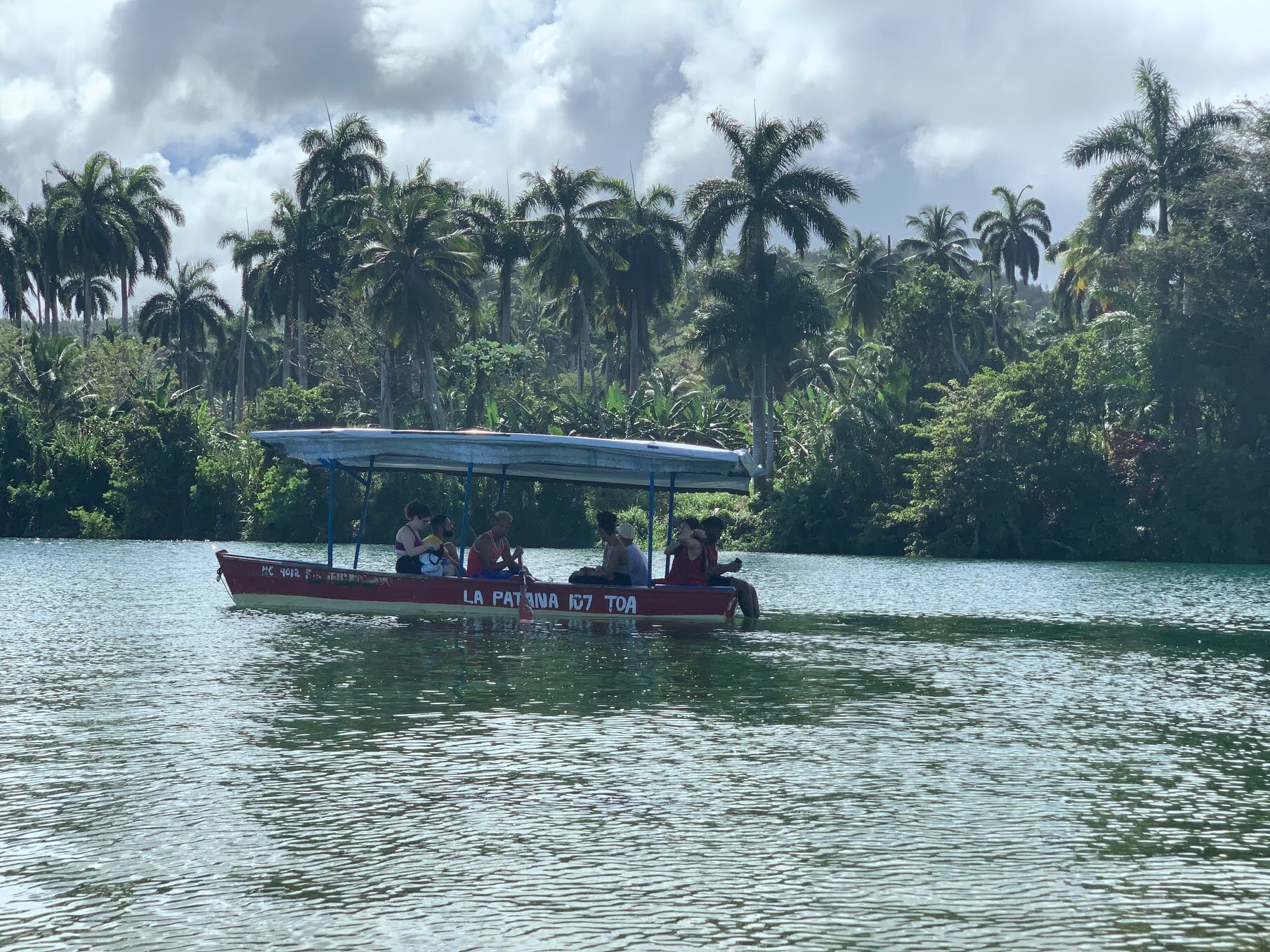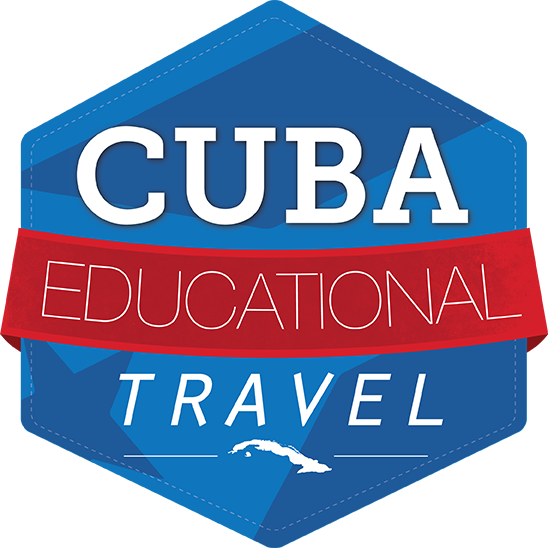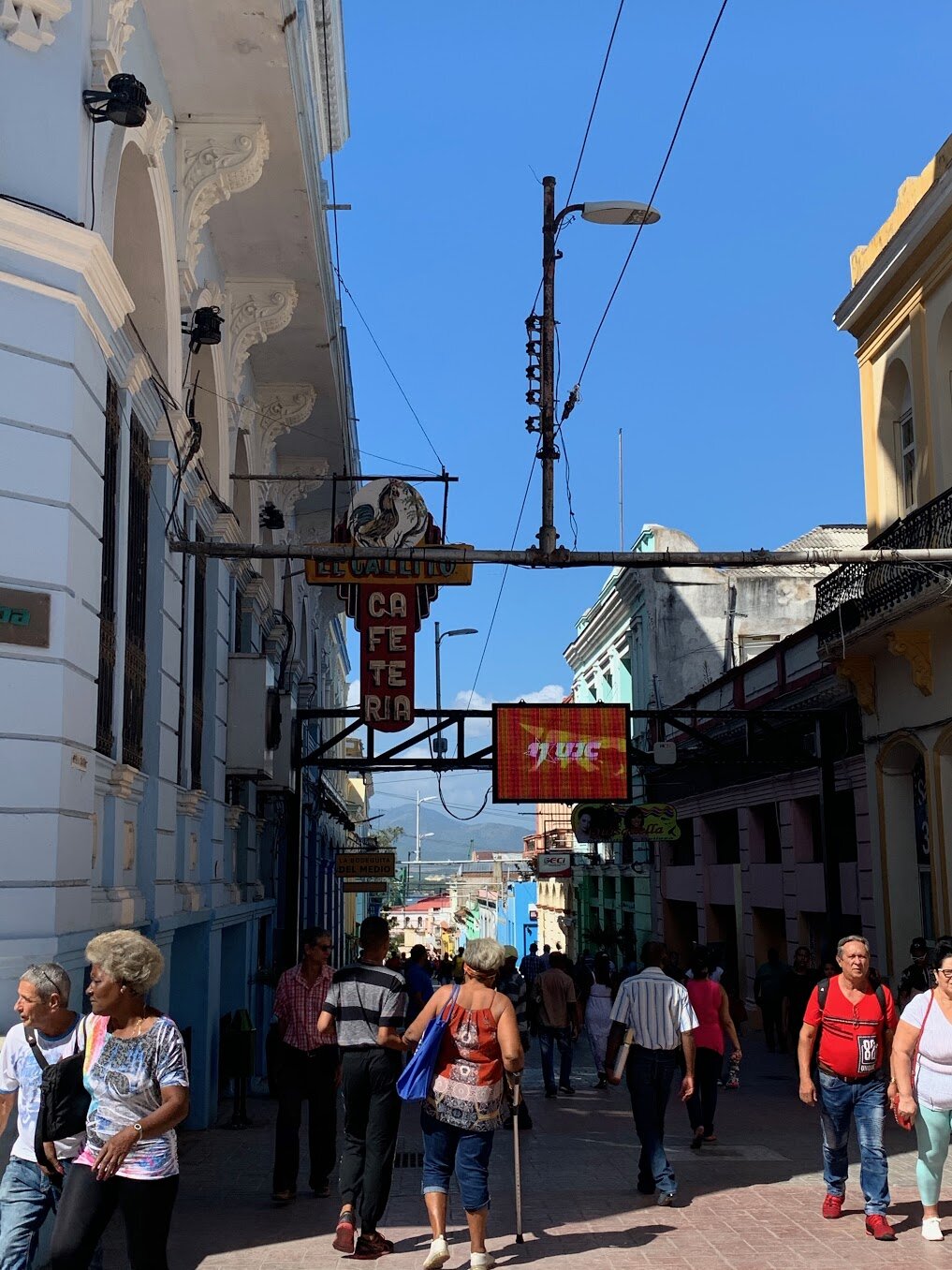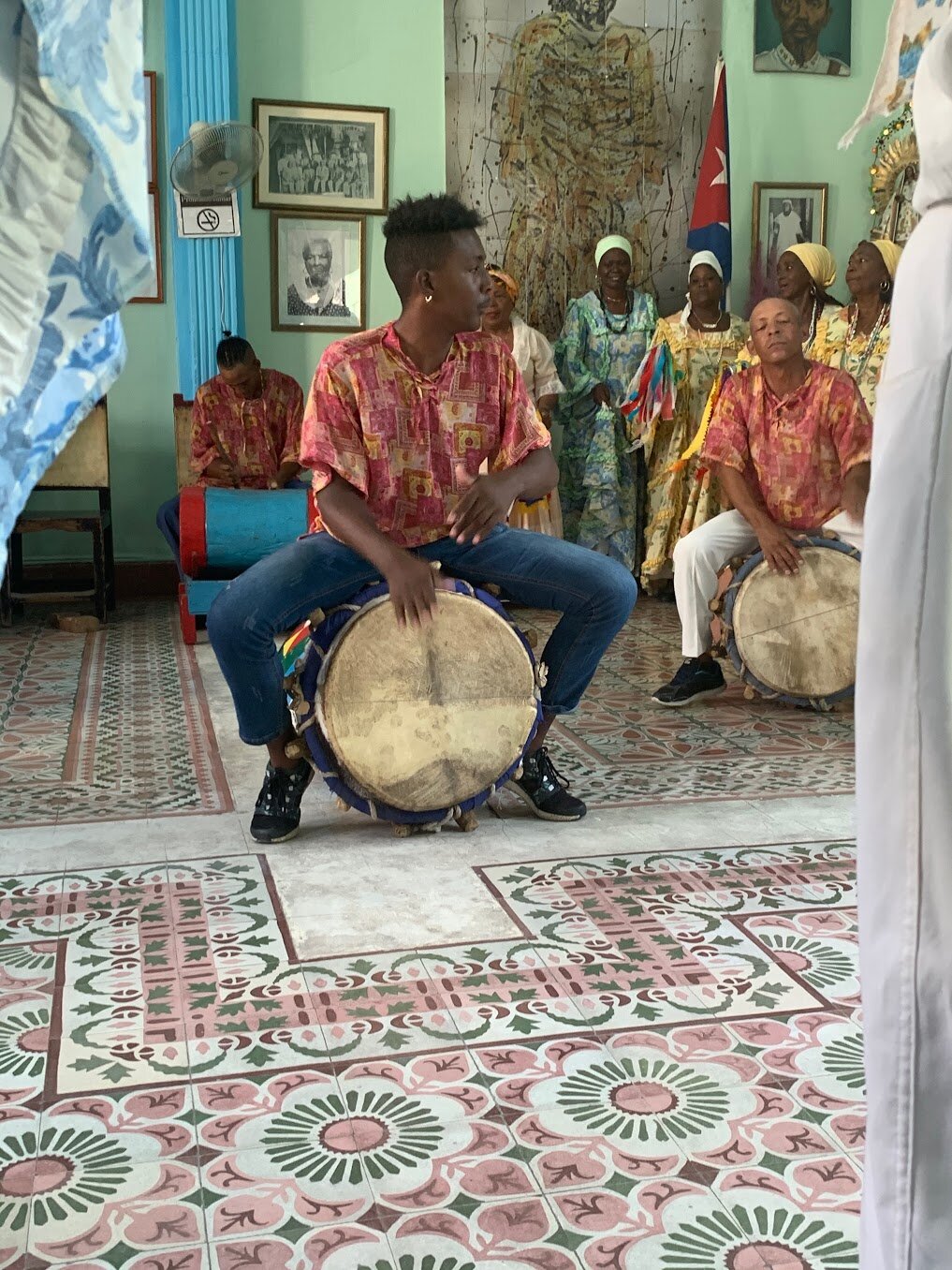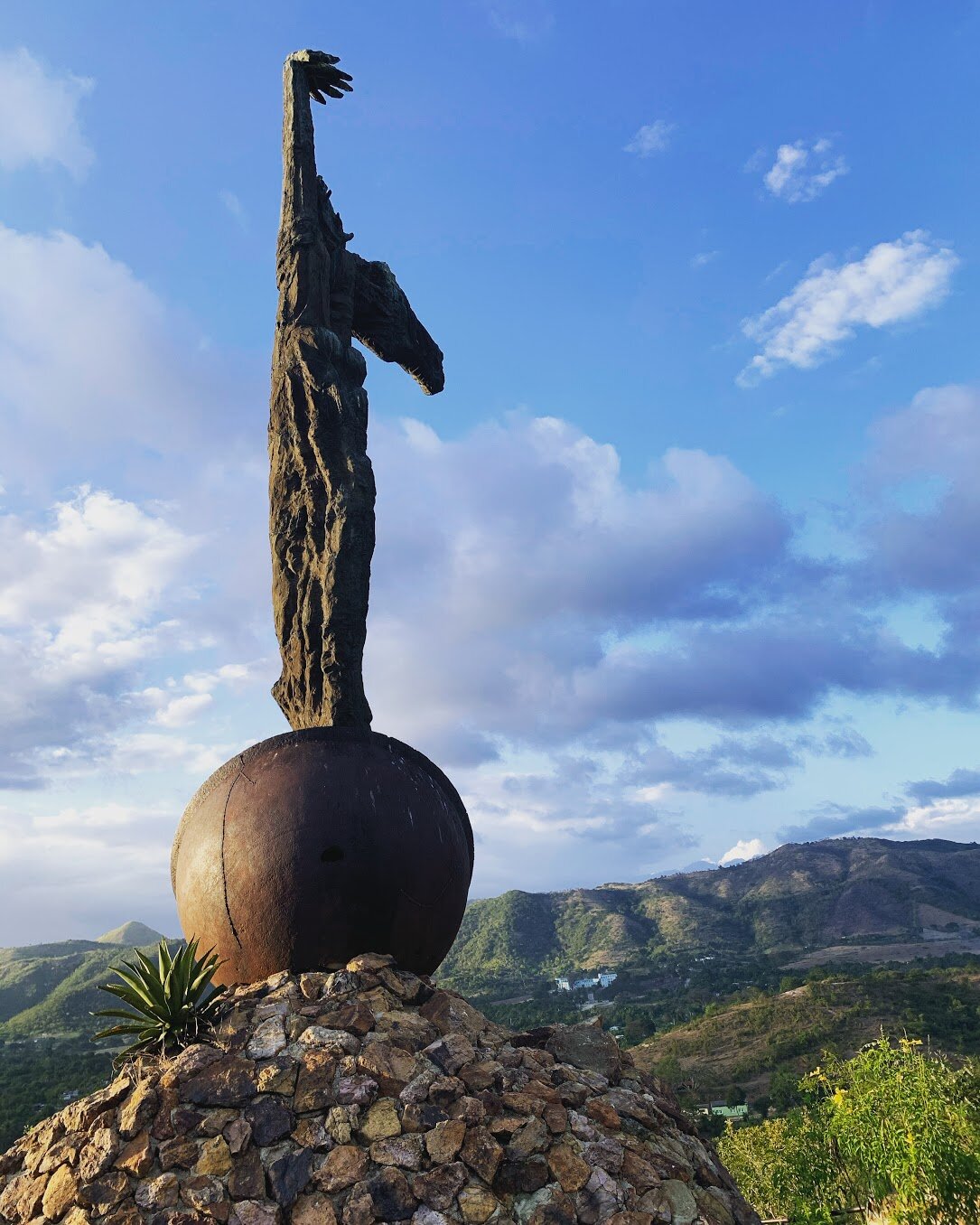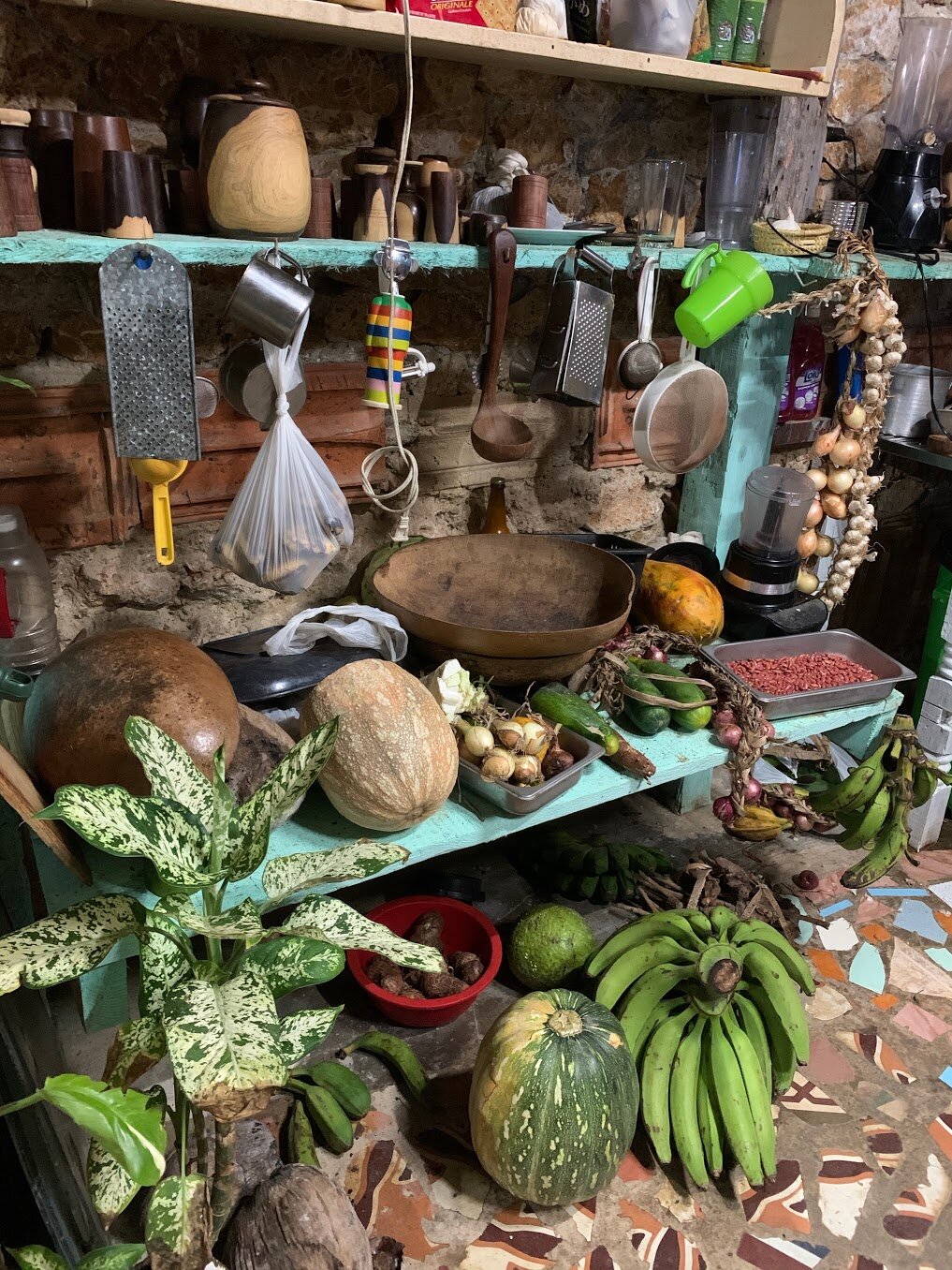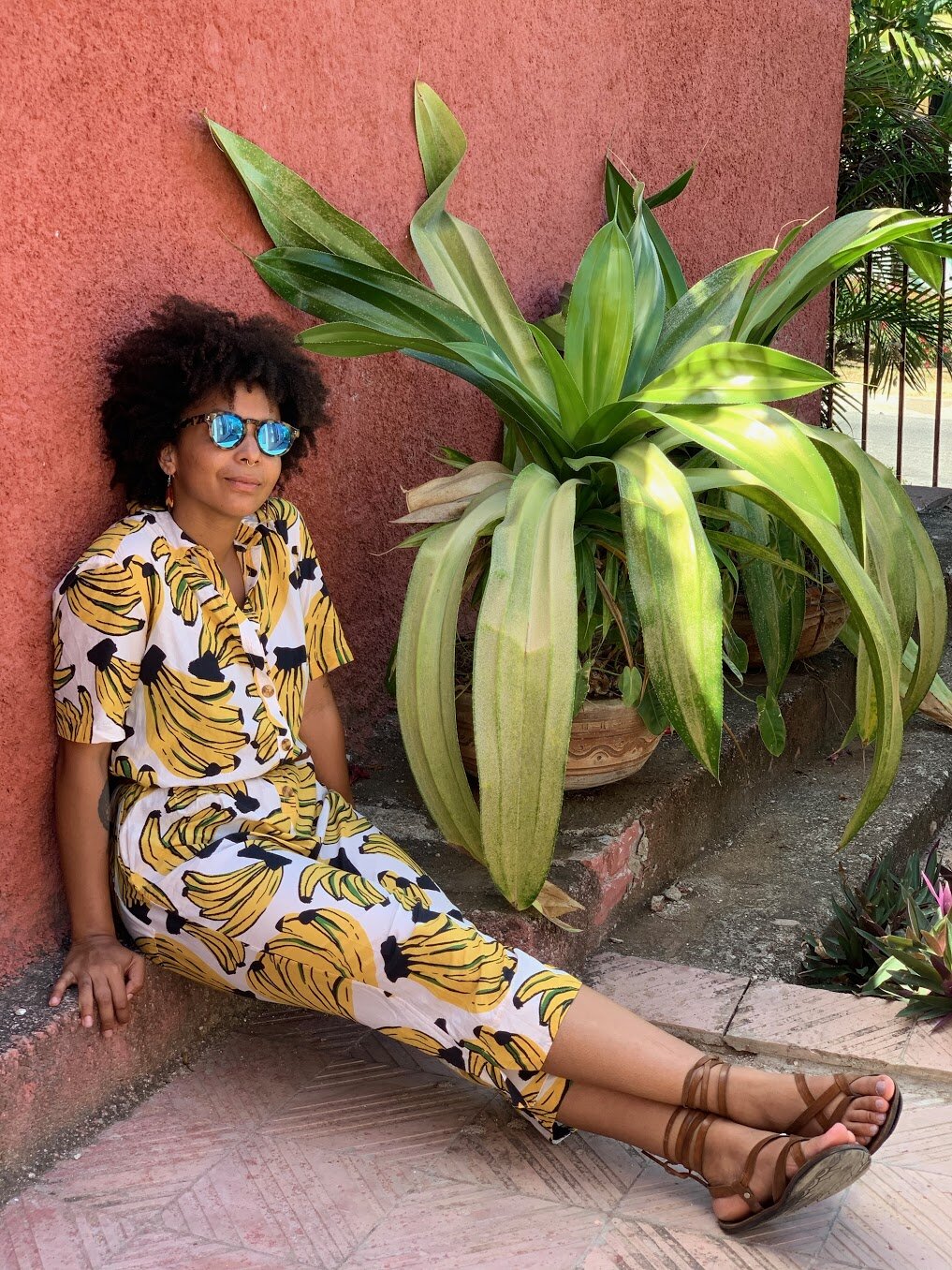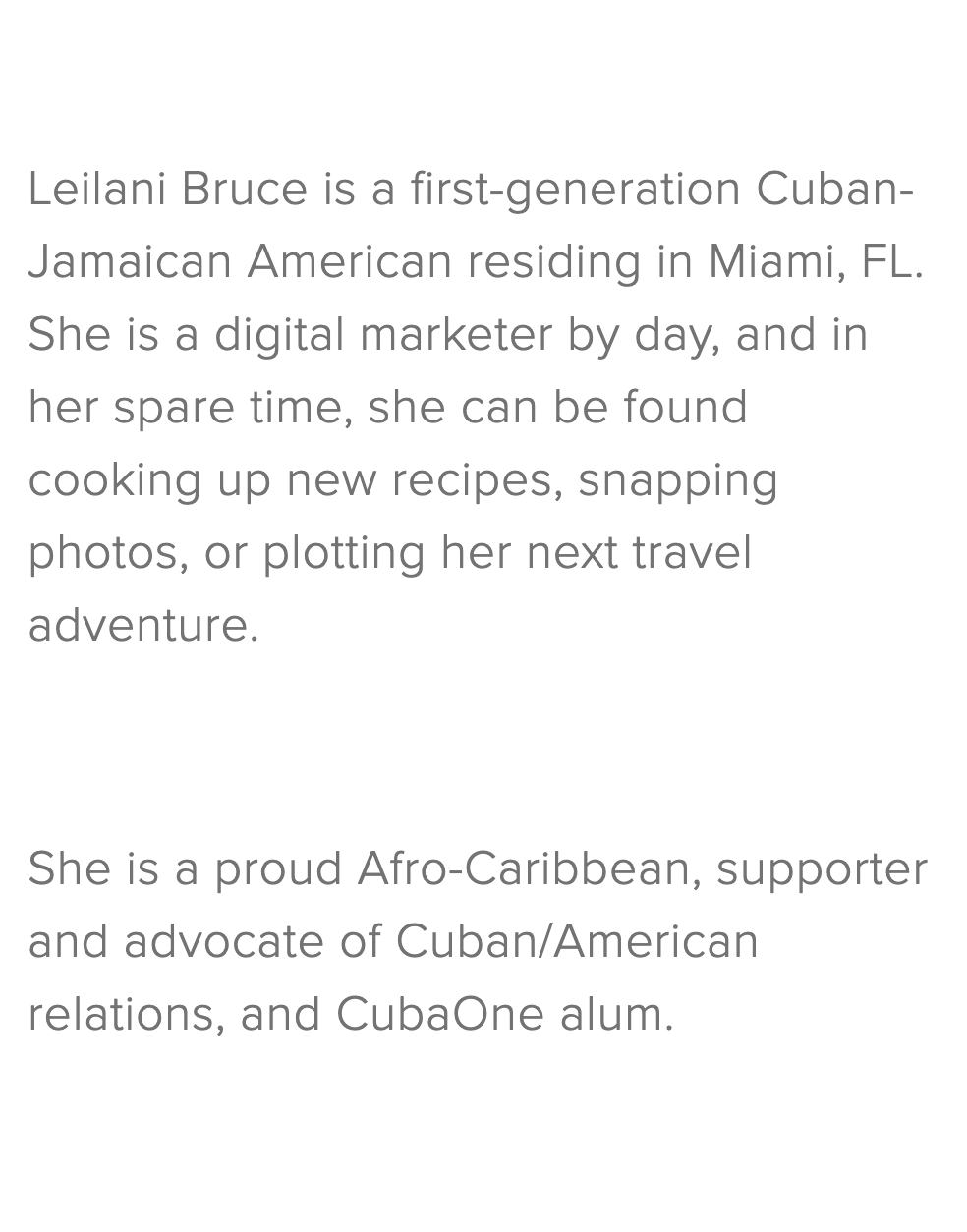“We come from a small island, but our influence is sweeping”
TALKING RESILIENCE AND THE MEANING OF HOME ON AN AFRO-CUBAN TRIP TO EASTERN CUBA
Credit: Cuba One
In February of this year, a small group of Cuban Americans traveled to Eastern Cuba to explore their Afro-Cuban heritage and reflect on issues of race and identify. It was the first Afro-Cuban themed trip for CubaOne, a Miami-based nonprofit which fosters connections between young Cuban Americans and their families and peers on the island through travel. Beyond Roots, a Havana-based brand and movement that promotes Afro-Cuban culture and identity, helped organize and curate the program. Participants enjoyed the expansive culture and vast beauty of Santiago de Cuba and Baracoa and had powerful interactions with Afro Cuban members of civil society. We interviewed Leilani Bruce, a proud Cuban-Jamaican American who took part in the transformative trip.
What is your relationship with Cuba?
I see Cuba as my motherland, I was not born there, it is the birthplace of my mother and grandmother. Since the first time I visited Cuba as a kid in 2002, Cuba has been a place that I hold very close to my heart.
I am a first-generation Caribbean American. My mother was born in Havana, Cuba, and arrived with her siblings and my grandparents on the Mariel Boatlift in 1980. Like many others, they left an entire life behind them, but they never abandoned their roots, customs, or traditions.
My relationship with Cuba was nurtured and cultivated by my Abuela who only speaks Spanish, only makes and eats Cuban food, and whose cafe brand of choice is La Llave. It was with her and my grandfather that my siblings and I visited the island for the first time. It was 2002 and the first time they would return since leaving in 1980.
As a kid, on that trip, I was able to live freely and fully, without a care in the world. Playing hide-and-seek games spanned across blocks, picking and eating mamoncillos, guava, and mangos, and feeling a familial connection to every visiting stranger.
My grandmother wanted us to know our homeland, to experience the place where she lived and built her family. After that first trip, we traveled back many summers, and each time we were never ready to go home.
I carry that same sentiment with me today. I find that every time I return, it’s so hard to leave. Yes, there is struggle, yes, there is pain, but above all, there is resilience, there is love, and there is home.
What spurred you to apply for CubaOne’s trip to eastern Cuba?
I was aware of CubaOne as an organization for a few years and was acquainted with some alums, but it wasn’t until I heard about the Afro-Cuban themed trip that I decided to apply. It almost felt like it was meant to be.
I felt a strong connection to my Afro-Cuban and Afro-Caribbean roots, but it was not something that I had ever explored in an intentional or purposeful way on my trips to Cuba. First, most of my trips occurred when I was a kid, I was playing in the streets and experiencing life as any Cuban kid, but not really delving into the history and culture on a deeper level. And even though I was doing things or experiencing things that were of Afro-Cuban origin all the time, I wasn’t really looking at it or thinking about it under that lens.
The trip seemed like an incredible opportunity to not only explore a part of the island that I had never visited but also to really delve into Afro-Cuban culture from a historical perspective, to really understand the extent of the influence of the African diaspora on Cuba, with other Cuban Americans who shared a common Afro-Cuban identity or connection.
“Yes, there is struggle, yes, there is pain, but above all, there is resilience, there is love, and there is home.”
Santiago de Cuba street scene and the music group Tumba Francesa.
How has your understanding of your Cuban heritage and identity changed since taking part in the trip?
I think that the biggest thing for me was to be able to really connect with, discuss, and have really open, heartfelt conversations about identity, and what it means to be Afro-Cuban, or Afro-Latinx with people who shared that same experience.
Living in Miami, I have always been in and exposed to environments with people of different backgrounds, however, to be honest, outside of family connections and famous idols, I never really knew any Afro-Cubans or Afro- Cuban Americans who I shared a common experience with.
The trip was packed with a ton of super insightful, thoughtful, and overall exciting experience. It was really nice to experience a part of Cuba that was predominately black, and proud. From the religious history to the art, to the music, it was really beautiful to see Afro-Cuba so full of life, energy, and pride.
